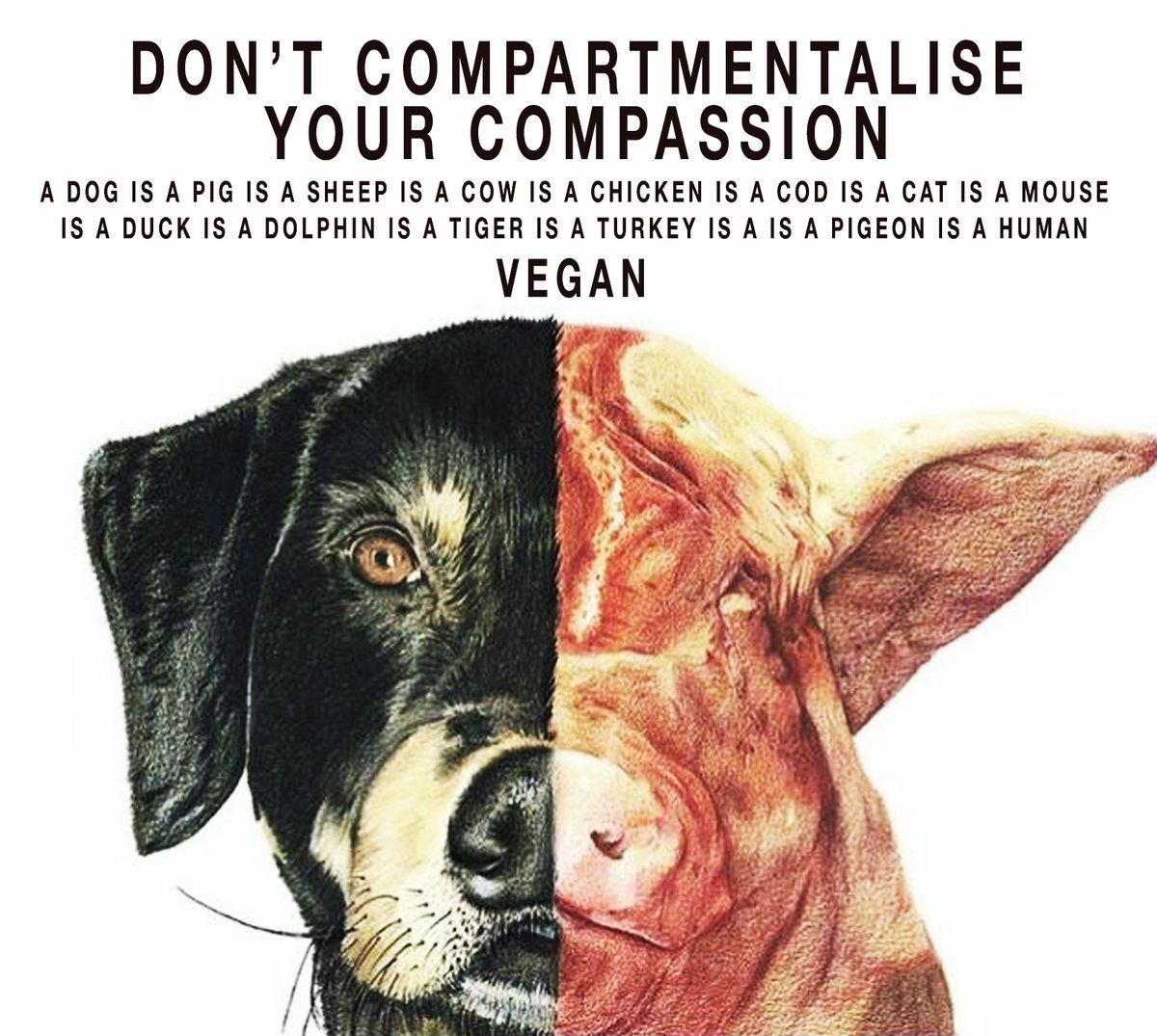In a world increasingly aware of the intricacies of ethical consumption, the question “Does being vegan actually stop animal cruelty?” resonates with both fervor and complexity. The journey towards veganism often intertwines with a profound quest for conscience, catalyzing a transformation that many are eager to embrace. Yet, the dialogue extends beyond individual choices; it invites us to critically assess the broader impact on ecosystems and industries that perpetuate suffering. Veganism is not merely a dietary choice; it can be perceived as a powerful statement against the pervasive machinery of animal exploitation.
To understand the implications of veganism, we first need to examine the culprits of animal cruelty. The agricultural industry, particularly factory farming, epitomizes a mechanistic approach to life where beings are treated as mere commodities. Animals are often confined to claustrophobic quarters, deprived of their natural instincts, and subjected to inhumane treatment. In contrast, the vegan philosophy advocates for an existence where animals are recognized as sentient beings deserving of respect and protection. This ideological schism forms the crux of the argument: does opting out of animal products substantively unshackle these imprisoned lives?
Moreover, the vegan movement burgeons from a root of intent. For many, this lifestyle choice emerges from an intrinsic repugnance for cruelty. When individuals consciously eliminate animal-derived products from their diets, they partake in a collective repudiation of industries characterized by egregious maltreatment. The act of renouncing meat, dairy, and leather serves as a personal and political manifesto, akin to a lantern igniting a dark path in the wilderness of moral ambiguity.
However, the effect of individual consumer choices on the vast, intricate web of animal agriculture is muted, often likened to a single candle flickering against a tempest. While the vegan movement is replete with passionate advocates and well-intentioned campaigns, the scale of factory farming continues to burgeon, driven by insatiable global demand. Statistically, even if a significant portion of the population adopts a vegan lifestyle, it cannot single-handedly dismantle an entrenched system that values profit over compassion.
Yet, this does not negate the importance of personal choice; rather, it underscores the necessity of a multi-pronged approach to addressing animal cruelty. Transitioning towards a vegan lifestyle can indeed reduce personal complicity in the suffering of animals, but it is merely one element of a broader tapestry. Education, advocacy, and legislative reform are integral threads that, when woven together, can effectuate real change.
Moreover, the marketplace is evolving. As demand for plant-based alternatives increases, corporations pivot—somewhat reluctantly—toward producing vegan choices. This shift is indicative of a burgeoning acknowledgment of ethical consumerism. Each purchase of a vegan product becomes a ripple in a vast ocean, illustrating that the burgeoning plant-based market can embolden reformative practices within traditional agricultural ecosystems. When consumers champion cruelty-free products, they signal to corporations that compassion can indeed coexist with commerce.
Nevertheless, it is imperative to scrutinize the underlying complexities of plant-based alternatives. While many perceive these products as inherently humane, the reality may not be as idyllic. The production of certain vegan staples, such as almonds and avocados, raises its own ethical concerns regarding water usage and labor conditions. Such nuances remind us that every dietary choice, vegan or otherwise, carries with it an embedded moral calculus that warrants reflection.
Veganism, thus, emerges as an endeavor fraught with contradictions but imbued with potential. The commitment to abstaining from animal products might not unequivocally eradicate animal cruelty; however, it cultivates a space for discourse surrounding ethical consumption. It asks us to wrestle with the philosophy of choices, provoking questions beyond diet: What does it mean to live harmoniously with other sentient beings? How can we challenge the status quo of exploitation? What obligations do we have toward our fellow inhabitants of this planet?
Moreover, the vegan community signifies a collective consciousness, amplifying voices that might otherwise go unheard. Individuals banding together underpin the notion that solidarity can challenge oppressive structures. Advocacy for animals, fueled by a commitment to veganism, illuminates issues ranging from habitat destruction to legislative neglect, fostering a comprehensive understanding of the interconnectivity of all forms of life.
In conclusion, the realization of an entirely cruelty-free existence through veganism is an aspirational goal, though not wholly achievable through personal dietary shifts alone. It embodies a philosophy, a compassionate ethos, calling for holistic approaches rooted in understanding and respect for all beings. As more individuals awaken to the realities of animal suffering and the implications of their choices, the discourse surrounding veganism evolves into a powerful catalyst for systemic change. Addressing animal cruelty necessitates collective action that transcends singular lifestyle choices, fostering an environment where compassion supplants cruelty and awareness ignites advocacy.
Ultimately, veganism illuminates a pathway forward—a contemplative journey encompassing not just what we eat, but how we engage with the world. It plants the seeds of change that, nurtured collectively, will blossom into a future where animal cruelty is not merely diminished but rendered obsolete.








